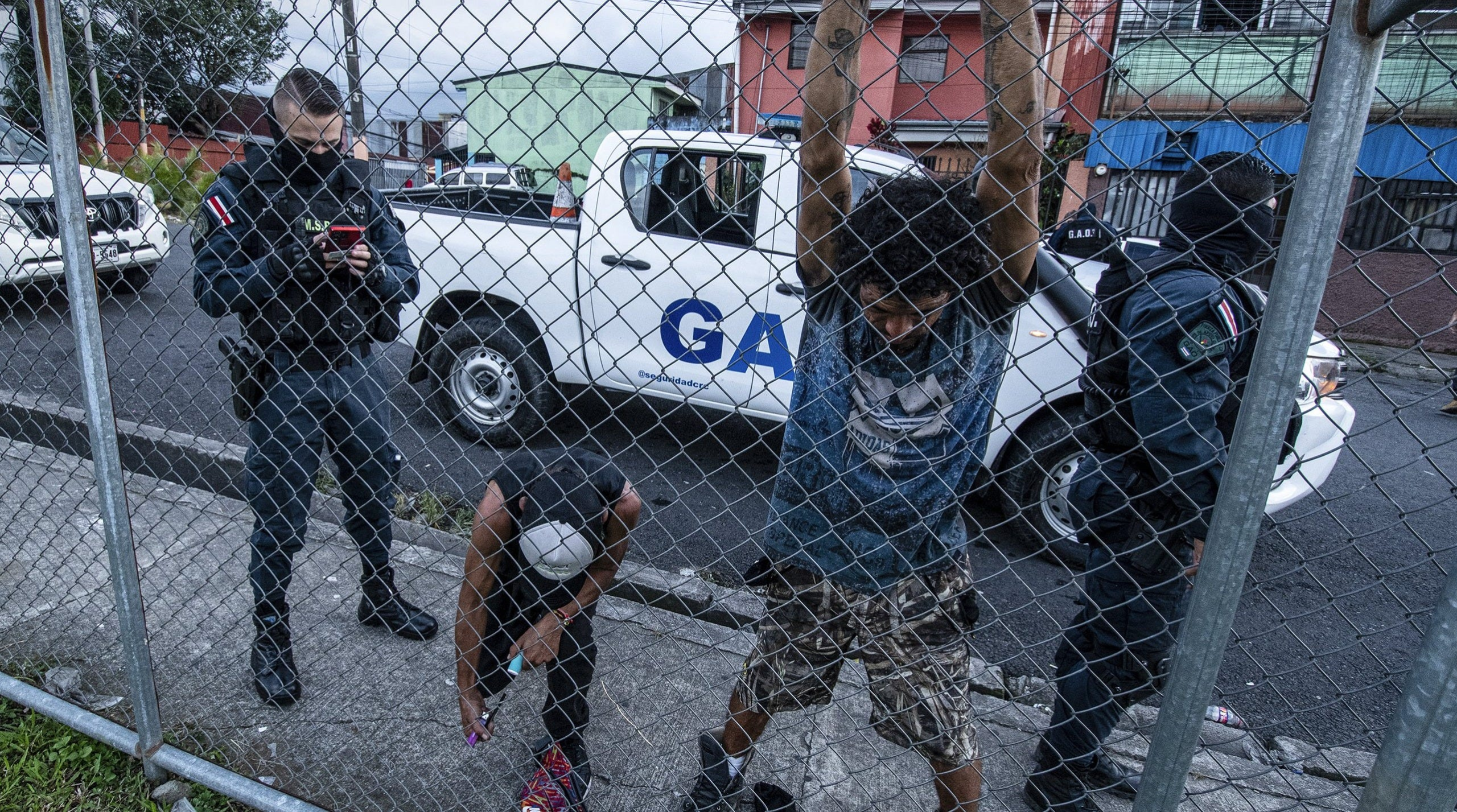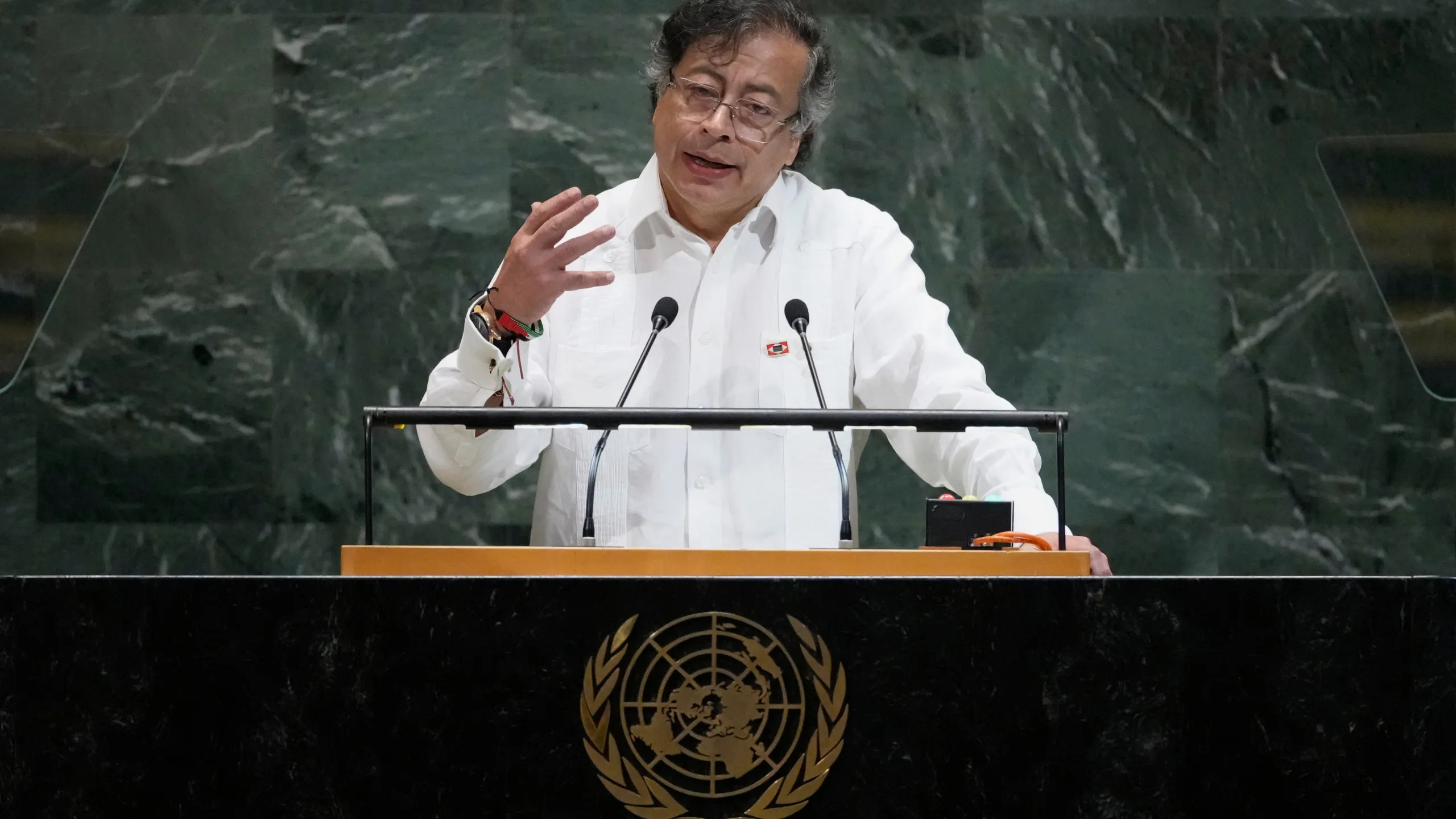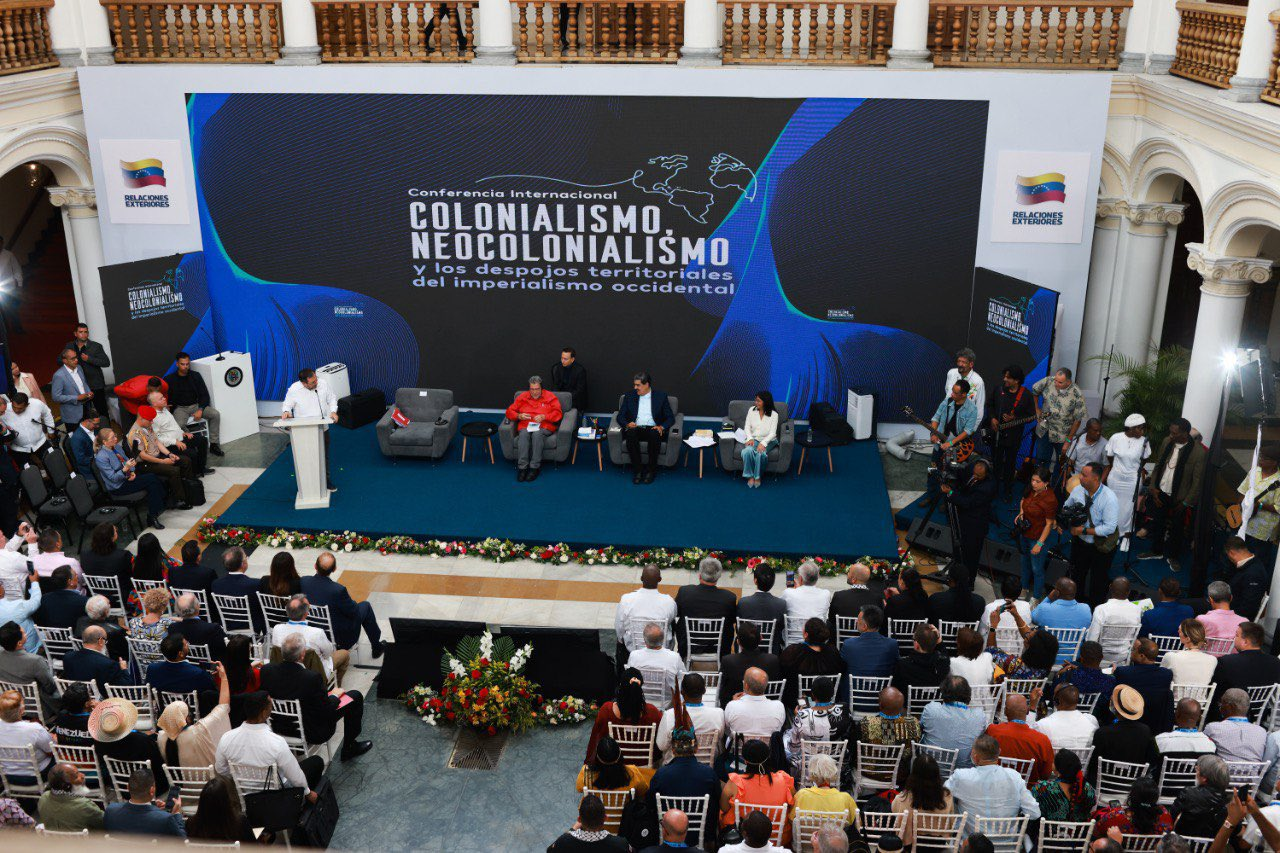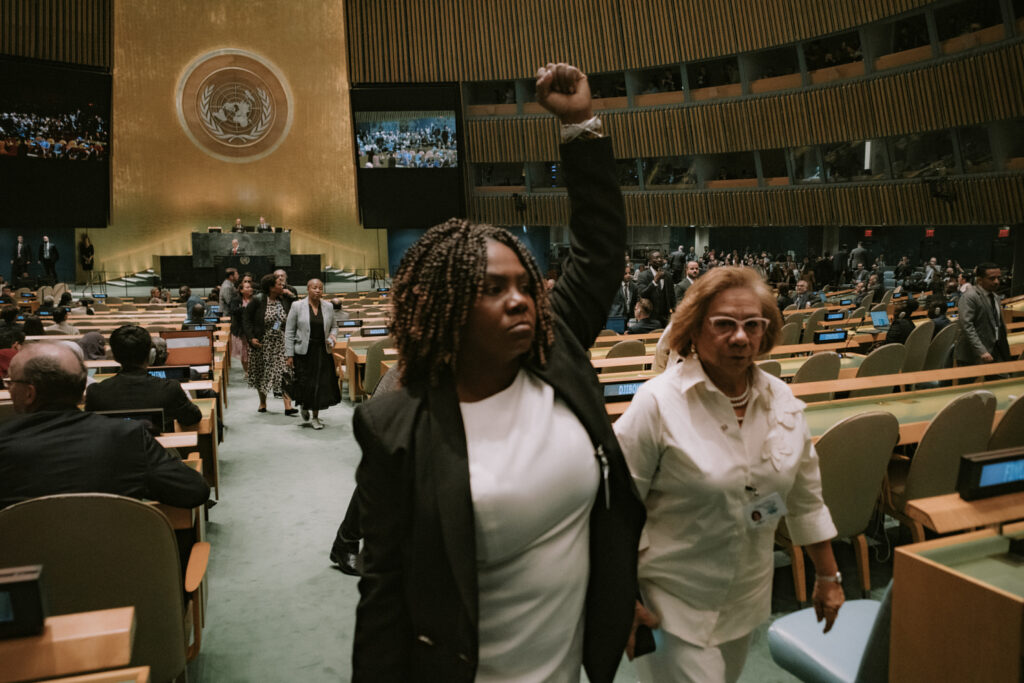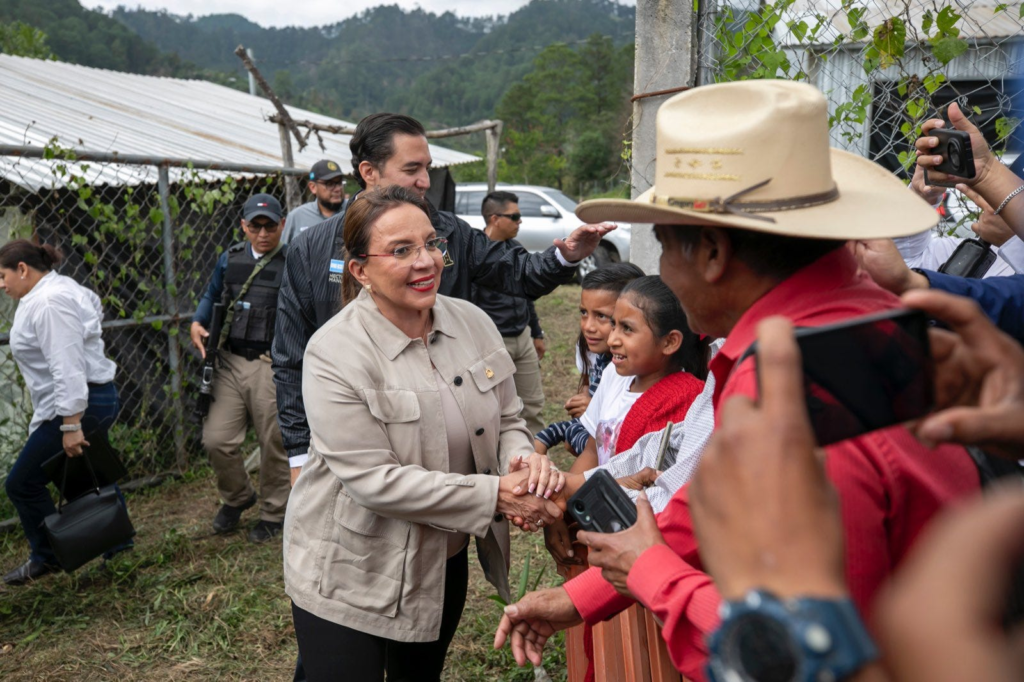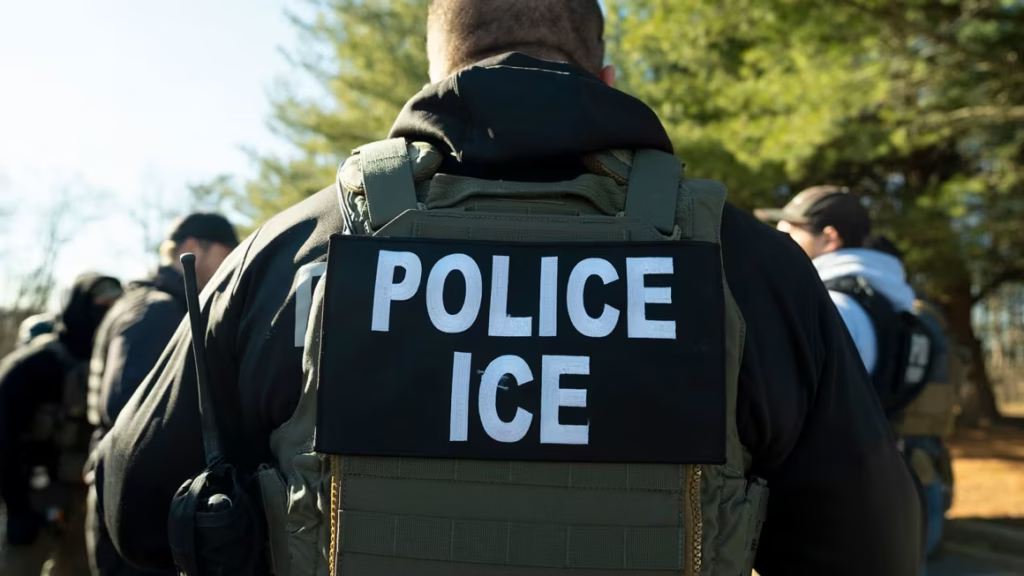The crime wave surging in Costa Rica has wounded the nation’s image of a coastal paradise that always seemed to rise above the ailments afflicting its other Central American neighbors.
Much of the Costa Rican economy relies on its perception as a peaceful, tropical gateway of quality tourism experiences and natural sightseeing. Visitors from North America, Europe, and Asia travel to the region to bask in the sunny climate, warm Pacific waters, and the jungled trails teeming with exotic wildlife, and the small nation charm that Ticos – as the native residents are affectionately referred to – are known for.
Following the hardships of the COVID-19 pandemic, tourism expanded as North Americans who were transitioned over to remote work found solace in the Central American republic and decided to permanently relocate to areas with warmer weather, less congestion, and a lifestyle that was more affordable than the bustling metropolitan cities of the United States.
As its tourism sector was on the incline, a recent study in 2023 found that approximately 163,000 Costa Ricans were directly employed in the tourism industry, reflecting roughly 7% of the nation’s labor force.
Indirect employment numbers were dramatically higher with over 490,000 natives employed in the travel space, representing a whole quarter of the entire Costa Rican workforce.
According to Costa Rica’s Tourism Institute, 2.7 million visitors were welcomed to the country in 2023. However, many aspiring travelers to the Costa Rican paradise today have been put on edge and are perhaps reconsidering their itineraries.
Numbers from Costa Rica’s Judicial Investigation agency (OIJ) indicate that more than 900 homicides were recorded in 2023, representing the most deadly year in the nation’s history, rivaling recent numbers in some of the most violent countries in the region, including Ecuador, Guatemala, and Honduras.
Costa Rican law enforcement analysts attribute the rise in violent crime to one commodity, which has consistently threatened the public safety of Central American nation-states since the end of the era of civil wars in the Isthmus: drugs.
Industry leaders are warning the government of Rodrigo Chaves that tourist numbers are dwindling, and that businesses that depend on this lifeline are on the brink of collapse if the government doesn’t get a grip on the public safety front.
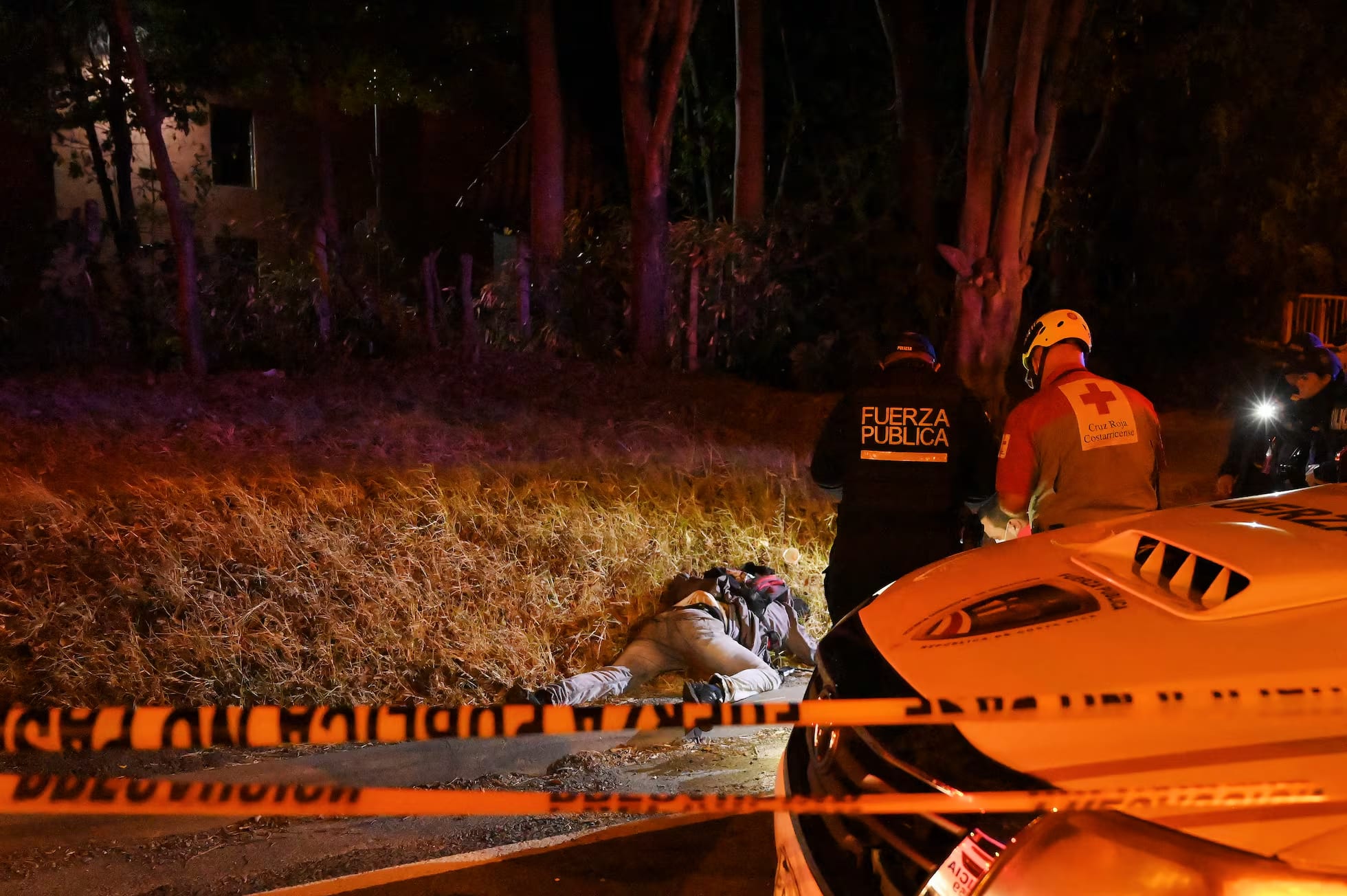
Government officials insist that the increase in crime in the nation is a local issue, characterized by several local gangs vying for territory. However, the crime wave has now seeped into popular tourist destinations in the capital city of San José, and tourists are beginning to notice the dread.
Industry leaders and local businesses that cater to these traveling customers have been vocal in their complaints, calling attention to the rising public safety threats, some even warning that uncontrolled crime will have a negative impact on the national image, an image that provides valuable revenue for local businesses as tourists have traditionally associated Costa Rica with high markings on international travel rankings.
Local law enforcement experts point to a raging competition among local criminal outfits for control over the lucrative drug routes that filter further north into Central America. Analysts now gloomily refer to Costa Rica as the newest key “pitstop”, or stopover for drugs destined for distribution to North America and Europe.
Cheaper cocaine production costs have made the product more available for local gangs in Costa Rica, who have positioned themselves as middlemen in the supply chain.
Distributors in Peru and Colombia (where the product originates) funnel narcotics north as local outfits compete for territory.
Poor and high-crime areas have also become buyers as domestic demand in Costa Rica has skyrocketed in recent years. The cheaper product is more accessible to local customers; with cheaper goods, demand will rise.
Local businesses are demanding that the government bolster its security forces, however, this would be a move totally foreign to its national government. Costa Rica is a small nation with a long history of not relying on a strong centralized military/police complex – a socially democratic, neutral nation-state that dissolved its national military in 1949, citing the existence of the institution as unconstitutional, and has managed to avoid the domestic upheavals that have challenged its other neighbors.
But with rising crime, an increasingly militarized gang war with military-grade weaponry, and an exacerbation of the criminal element with several years of unfettered mass migration encouraged by the United States government, Costa Rica is now paying the price for its weak internal security apparatus.
The Chaves administration has assured the Costa Rican public that all has been done to reduce the uncontrolled crime rate. However, local businesses and residents who thrive the most from its absence are saying it is not nearly enough.
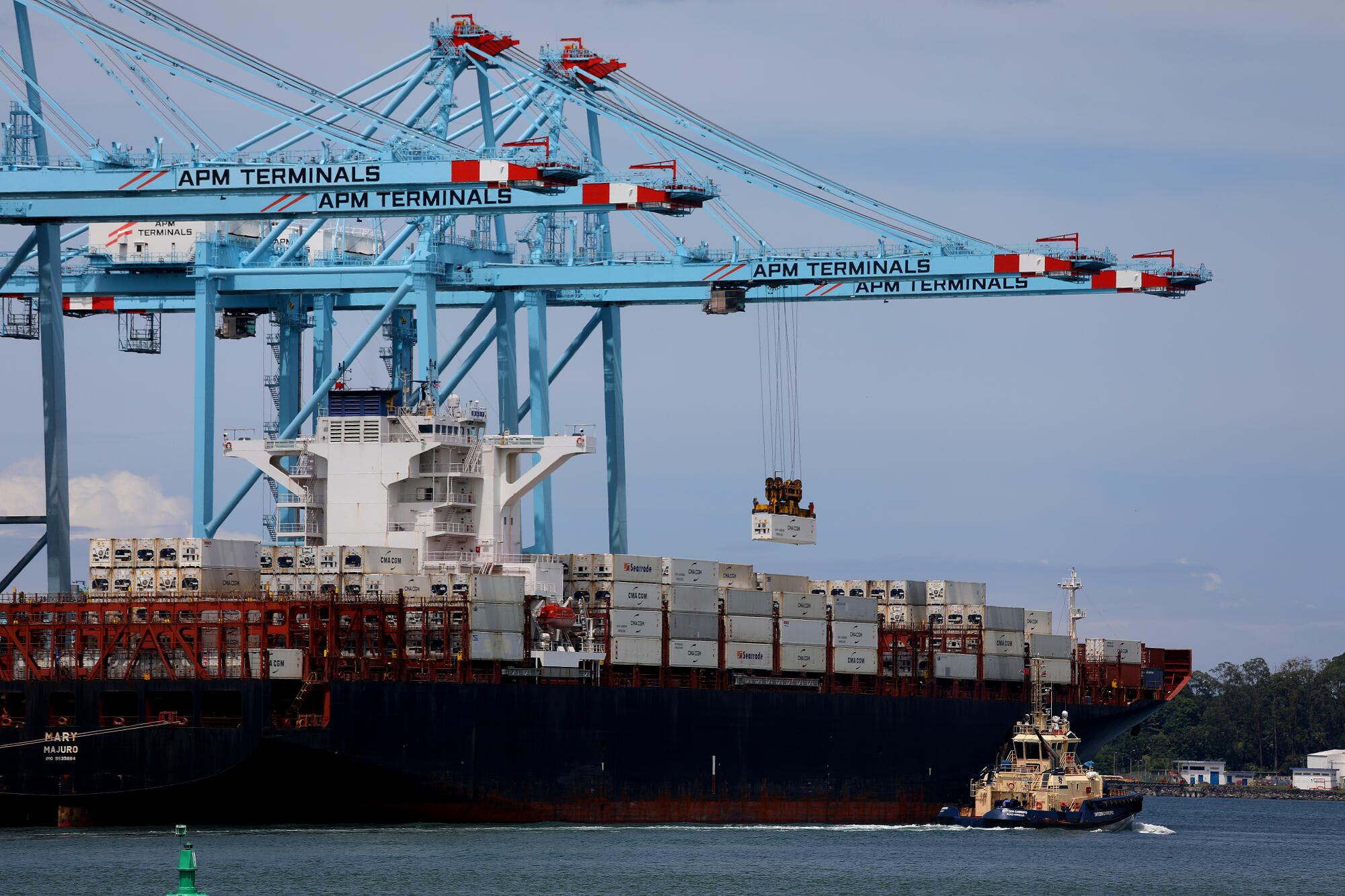
The surge in violence and firepower now possessed by the local gangs is supplemented by the influence of transnational criminal drug organizations like Colombia’s Clan de Golfo and the Mexican Sinaloa Cartel and Cártel de Jalisco Nueva Generación (CJNG), which have taken a piece of the valuable Costa Rican market and partnered with local groups to facilitate the movement of product further north.
Aside from the Guayaquil region of western Ecuador, which has too, rose to the top of the list as the most highly prized drug shipment territories in Latin America to the region’s drug cartels, Costa Rica in 2020 was ranked by the U.S. State Department as “among the top first-stop transshipment points for cocaine headed from South America to the United States and Europe, leading to increased crime and related corruption.”
The commercial ports of Limon and Moín have become the sources of major drug shipments to the United States and Europe, attracting a dangerously volatile influx of organized crime interest, weaponry, cash, and the inevitable violence that accompanies them.
“The gangs fight for these zones where they want to sell their drugs exclusively”, says Stephen Brunner, one of the nation’s Vice Presidents.

